It’s Not Just Trump. The American People Are Skeptical of NATO, Too.
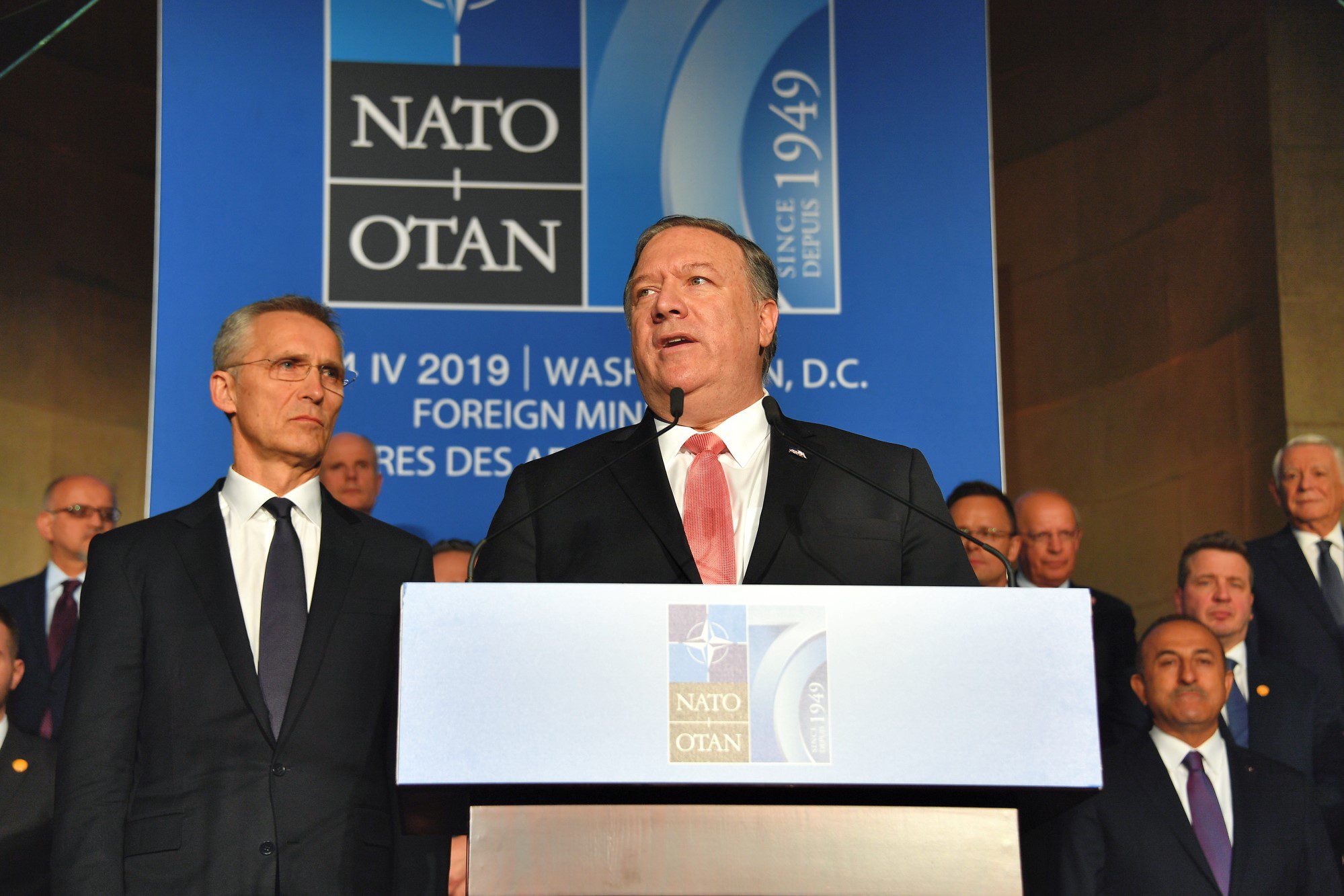
The public is split about whether the United States should honor its NATO commitment—a sign that the alliance has lost its sense of purpose.
By Mark Hannah, Senior Fellow
This article appeared in Politico Magazine on December 3, 2019
When it was created in 1949, the purpose of the North Atlantic Treaty Organization was clear. With the horrors of Nazism still vivid as the Cold War commenced, NATO’s first secretary general, Hastings Ismay, said the alliance existed to “keep the Soviet Union out, the Americans in and the Germans down.”
Lord Ismay had a knack for plain language. It helped to popularize NATO among its member states’ citizens, which he regarded as one of his most important responsibilities: An organization that exists to defend democracies should, after all, earn popular support.
But as the heads of NATO member countries gather this week in London, some of that popular support is in jeopardy. This is one of the conclusions of a national survey that my colleagues and I at the Institute for Global Affairs recently conducted. For a second year in a row, when faced with a hypothetical scenario in which Russia invaded Estonia, a NATO ally, Americans were roughly split on whether they wanted the United States to respond militarily. And that was after respondents were reminded of Article 5, the part of the NATO treaty that obligates the United States to respond to such aggression, and after they were told that U.S. action could be the only way to expel Russia.
It’s not just President Donald Trump who is skeptical of the North Atlantic alliance, in other words. It’s the American people. To the extent that U.S. citizens think about NATO at all, they disagree about whether honoring its commitments would be worth the sacrifice.
…
Read more of this article in Politico Magazine

Written by Mark Hannah
Mark is a senior fellow with the Independent America project at the Institute for Global Affairs and host of IGA’s podcast, None Of The Above.
Read more from Mark
This post is part of Independent America, a research program led out by Jonathan Guyer, which seeks to explore how US foreign policy could better be tailored to new global realities and to the preferences of American voters.



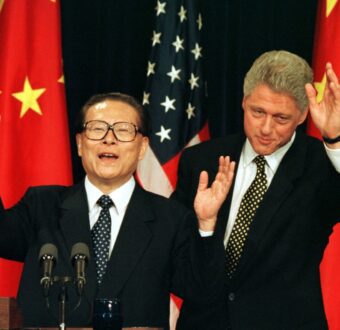
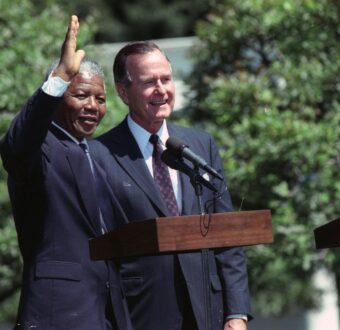
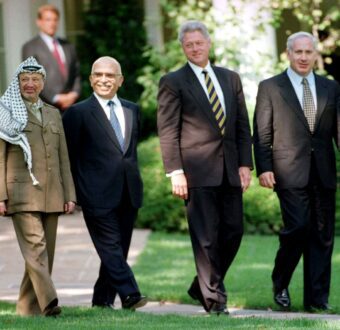

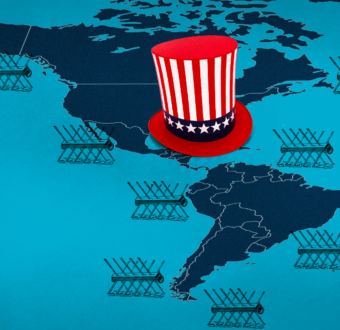



The UN Doesn’t Get Credit for the Lives It Saves